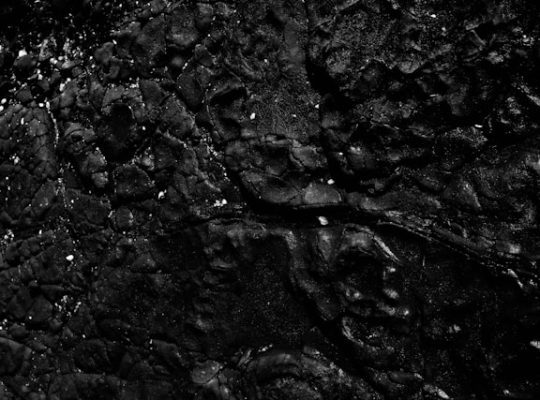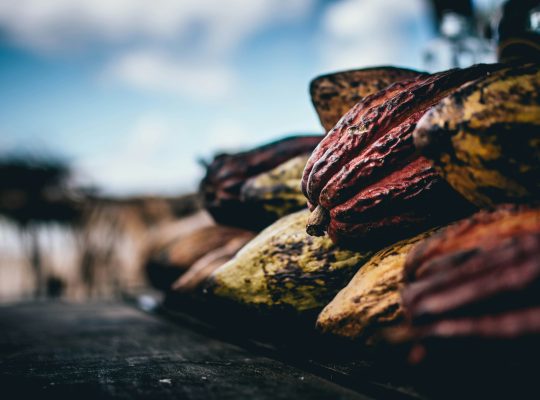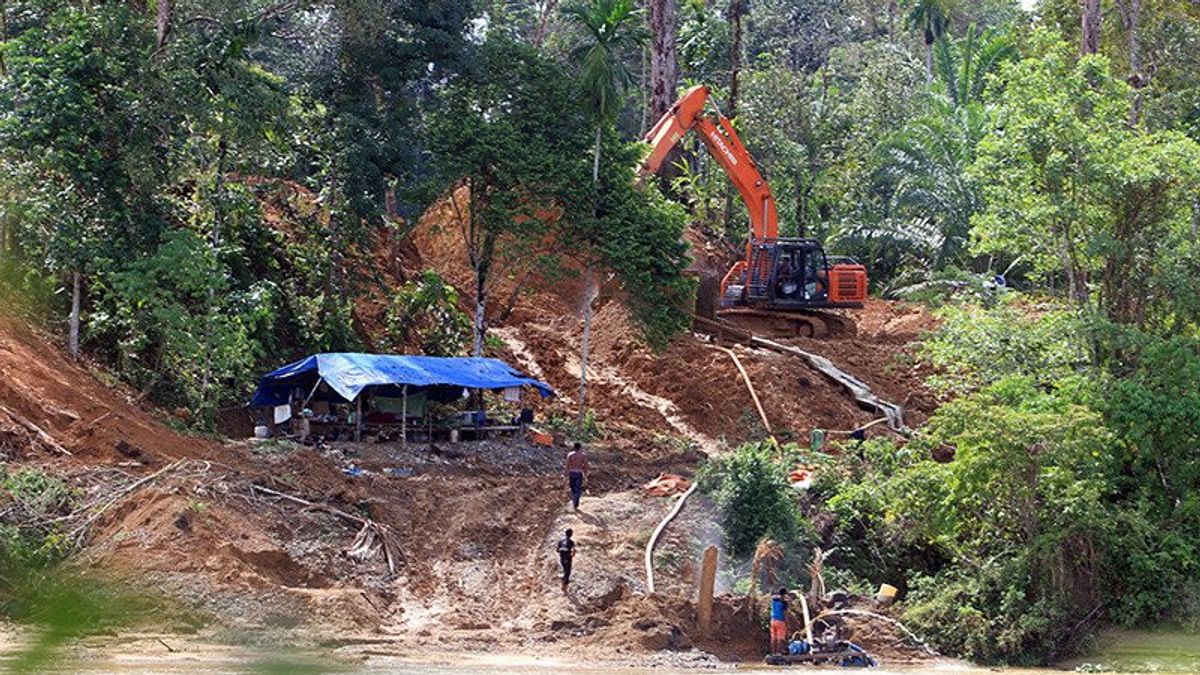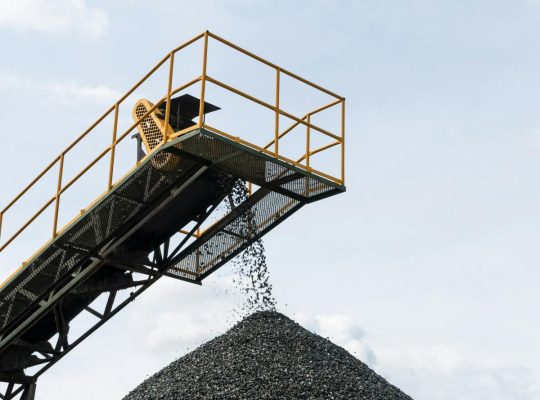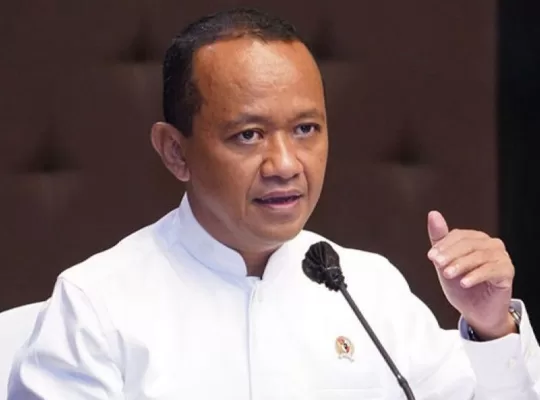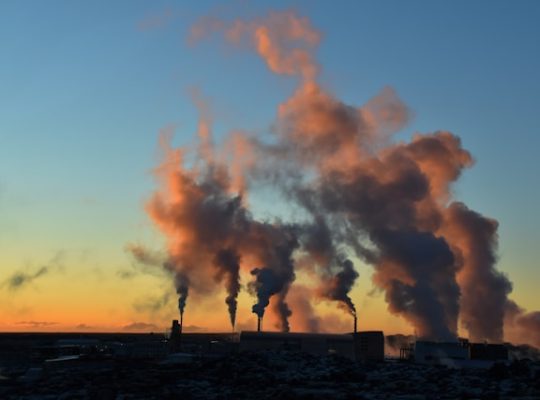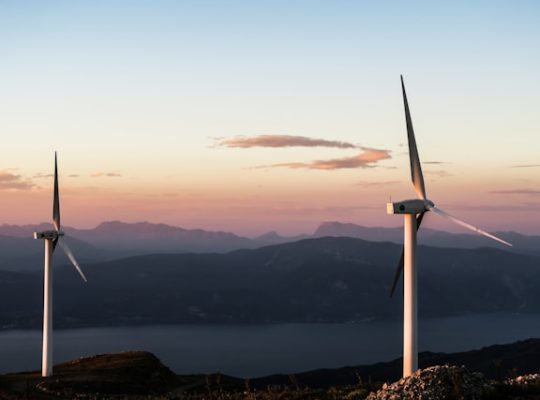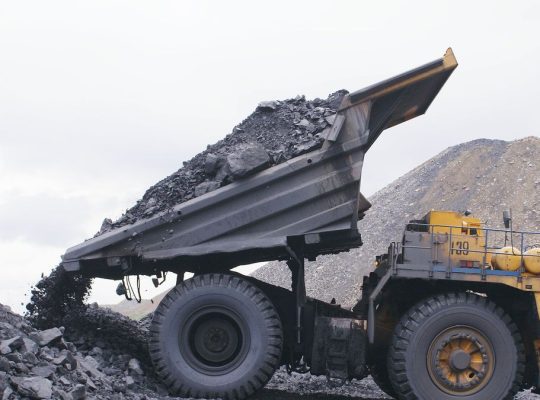In Jakarta, the Indonesian Coal Mining Association (APBI) has echoed support for governmental efforts aimed at curbing illegal mining operations across the country. Hendra Sinadia, the Executive Director of APBI, voices concern over the surge in unlawful mining, particularly noticeable when the market prices for commodities skyrocket. He underlines the necessity for steadfast legal enforcement to remedy or ideally forestall these occurrences.
Hendra elaborated, “The Indonesian Coal Mining Association fully endorses the government’s initiatives to address the surge in illegal mining activities. Such reckless practices tend to spike whenever there’s a rise in the prices of commodities.” He further mentioned that APBI members regularly collaborate with the Ministry of Energy and Mineral Resources to report any illegal mining incidences.
“From what we understand, businesses that have been negatively impacted have also reached out to the security forces. Undoubtedly, the key lies in consistent law enforcement actions,” he added.
An alarming figure shared from the Directorate General of Mineral and Coal reveals the existence of over 2,700 illegal mining sites dispersed across Indonesia. According to data collected in the third quarter of 2021, the breakdown includes about 96 locations dedicated to coal extraction and a staggering 2,645 sites focusing on mineral withdrawal without proper licensing.
South Sumatra Province stands out as one of the most affected areas. Illegal mining, or PETI as locally referenced, involves unauthorized mineral or coal extraction by individuals or corporations, devoid of proper licensing, adhering to sound mining practices, or regard for environmental, economic, and social repercussions.
PETI operations not only instigate environmental degradation but also fuel community conflicts. “These permit-less activities accelerate environmental harm while propelling disputes within communities,” explained the Director of Engineering and Environment for Mineral and Coal at the Ministry of Energy and Mineral Resources, Sunindyo Suryo Herdadi.
Moreover, Sunindyo pointed out the negligence of these illegal operators towards their duties to the state and affected communities. “Lacking official permits, they evade the responsibilities that legit miners are obligated to fulfill, such as community development and empowerment programs, including financial allocation to these causes,” he stated.
However, the Indonesian government is not standing idly by. Through a coordinated effort involving the Coordinating Ministry for Maritime Affairs and Investment, the Ministry of Political, Legal and Security Affairs, the Ministry of Energy and Mineral Resources, the Ministry of Forestry and Environment, the Ministry of Home Affairs, and the Indonesian Police, strategies are being deployed to tackle these illegal operations.
These strategies include cataloging illegal mining sites, organizing mining areas, enhancing supporting regulations for community-centric mining, collecting data and executing surveillance by Mining Inspectors, recommending the establishment of People’s Mining Areas as proposed by Regional Governments, and enforcing the law rigorously.
This robust response demonstrates Indonesia’s commitment to safeguarding its commodities sector from the scourge of illegal mining, ensuring the sustainability and legality of its valuable resource extraction activities.





